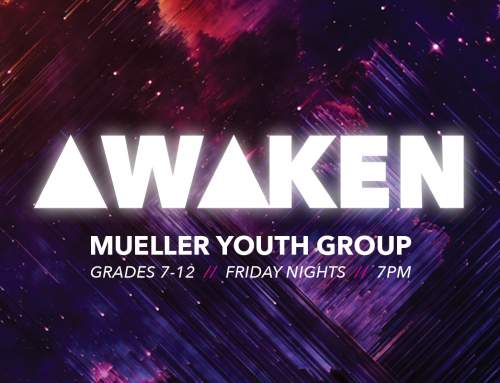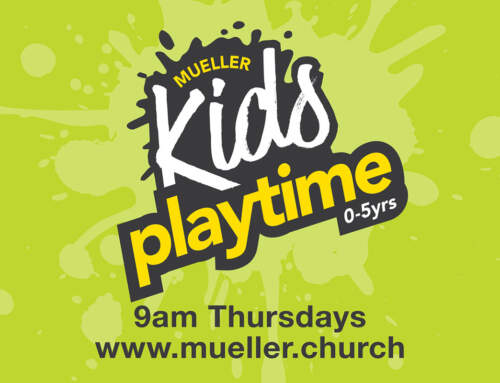This week, I’ll be continuing my summary of key points from The Royal Society for Public Health’s (RSPH) report #Status of Mind: Social media and young people’s mental health and wellbeing. The report mentions a number of both positive and negative potential effects of social media on health. Last week, I briefly mentioned anxiety and depression, as well as the connection between sleep and mental health. Another negative issue for young people is the one of body image. The vast majority of teens and pre-teens say they’re unhappy with their body. I would suggest this isn’t a new issue, as I can well remember both myself and school mates being discontented with our bodies long before FaceBook and Instagram were ever thought of. I think the difference now is that young people are constantly bombarded with images of ‘beautiful people’ – images that have been edited, staged and photo-shopped – images that only show the ‘highlight reels’ of life.
The next issue raised is one that I am coming across more frequently in my work and that is Cyberbullying. Without doubt, being on the receiving end of bullying can impact a person well into adulthood. Before the advent of social media, people who experienced bullying could usually escape the bully by going home. Now, with constant connection there’s no escape at all for some. The report states that 70% of young people have experienced cyberbullying. (Since this is such a serious issue, I will post articles on this topic in coming weeks.)
The last negative impact that the report raises concerns the issue of FoMo (Fear of Missing Out). Young people feel the need to be constantly connected with what their peers are doing, so as not to feel that they’re missing out. Some will avoid switching off from social media and this in turn impacts other parts of their lives, including study habits. There’s clear evidence that higher levels of social media engagement leads to higher levels of FoMo, which turn causes “distress in the form of anxiety and feelings of inadequacy” (p12).
As we consider the negative effects of social media on a young person’s health, we need to realize that there are some very positive ones too. Young people have access to other people’s health experiences and expert health information. We have some great resources here in Australia that specifically deal with mental health issues. Social media enables young people to connect with others in the form of peer support groups and this can provide emotional support and community building. I recall showing a young person a vlog of a teen with the same health condition, and that person felt for the first time that there were others out there who understood. Social Media platforms provide a place where young people are able to share creative content and share their interests and passions with others. It enables them to make, maintain and build upon relationships. Staying in touch with family and friends, particularly those who live in other parts of the country or world is now relatively easy.
Next week, I will share the report’s findings on five social media platforms – ranking them according to survey responses from nearly 1,500 14-24 year olds. It’s worthwhile downloading the whole report linked below. It’s an easy read and very informative.






